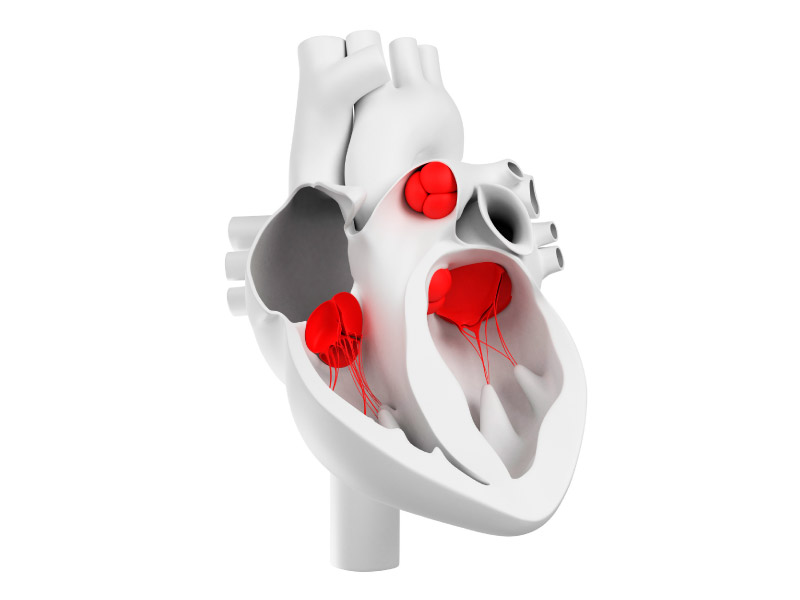New guidelines call for less use of surgery to treat heart valve disease
By American Heart Association News

People with heart valve disease have a growing number of treatment options that could allow them to avoid surgery except in the most severe cases, according to new guidelines.
The recommendations, meant to advise health care providers and developed jointly by the American Heart Association and American College of Cardiology, call for the use of less invasive treatment for conditions that make it difficult for heart valves to open and close normally, disrupting heart blood flow.
People with severe valve disease should be evaluated by a specialized team to determine the best treatment, according to the guidelines co-published Thursday in the AHA journal Circulation and in the Journal of the American College of Cardiology. The new guidelines are an update of those last published in 2017.
"Current research and new technology continue to transform the treatment of heart valve disease, as updated lifestyle and medication guidance evolve and less invasive procedures have replaced traditional surgery for many patients," Dr. Catherine Otto, co-chair of the guideline writing committee, said in a news release. Otto is the J. Ward Kennedy-Hamilton Endowed Chair in Cardiology, professor of medicine and director of the Heart Valve Clinic at the University of Washington School of Medicine in Seattle.
Roughly half of all people ages 65 and older have some form of heart valve disease. With stenosis, the valve becomes narrow or stiff, restricting blood flow. Regurgitation causes the valve to leak, allowing blood to flow backward into another heart chamber. Untreated heart valve disease can lead to heart failure and death.
The past several years have seen a growth in less invasive treatment options for people with these conditions. Stenosis can now be treated with valve replacement using a catheter instead of surgery. There also are less risky and more durable treatments for repairing or replacing the "leaky" valves involved in regurgitation.
People who have severe forms of heart valve disease and need valve repair or replacement should be evaluated by a specialized team working with a primary or comprehensive valve center, according to the guidelines. Those facilities have the resources and capabilities to perform a wider range of procedures.
The new guidelines were written to help doctors keep up with a rapidly changing field, said guideline writing committee co-chair Dr. Rick A. Nishimura.
"There is a knowledge explosion in medicine today, which can overwhelm the clinician," Nishimura said in a news release. He is the Judd and Mary Morris Leighton Professor of Cardiovascular Diseases at the Mayo Clinic in Rochester, Minnesota. "This is particularly true in the area of valvular heart disease, in which multiple investigational trials are being rapidly performed and released, so that it becomes extremely difficult for an individual clinician to keep up with optimal treatments for each specific patient."
If you have questions or comments about this story, please email [email protected].





